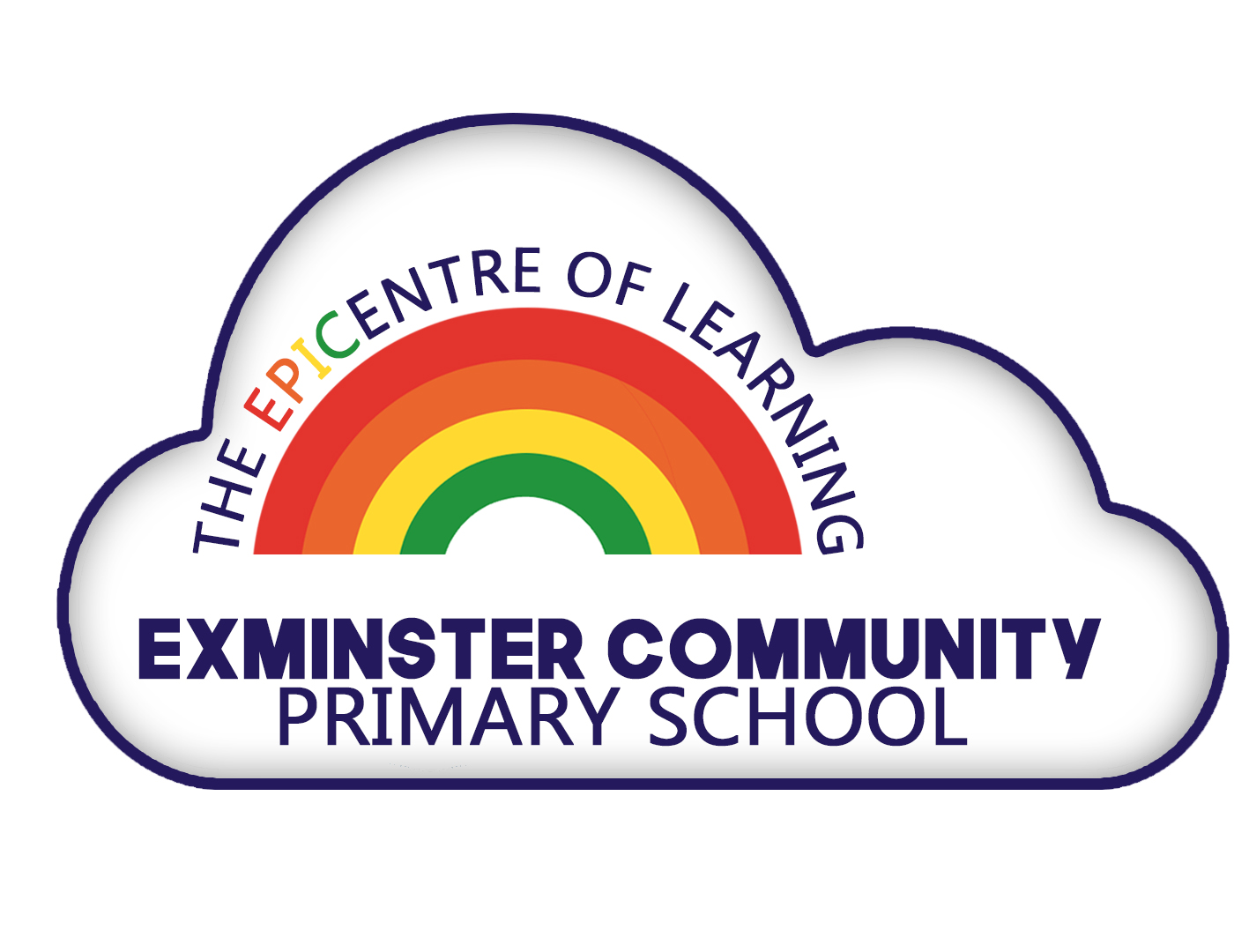Intent:
Children should gain specific, connected and accurate knowledge of the past. They should develop a clear understanding of the chronology of major periods in the history of Britain, from the Stone Age to present day, and begin to relate these to periods and events in the wider world. Children should be stimulated and excited by the information-rich presentation of evidence and interpretation about the past, and should begin to develop ways to both ask and answer questions using the evidence which they find. Children should develop the ability to identify the concepts of continuity and change, cause and consequence, similarity, difference and significance.
Implementation:
Exminster school provides a programme of study based on key knowledge and focussed skills practice across historical periods. Units in Key Stage 1 are based on key historical events and figures in Britain. Units across Key Stage 2 are taught in a chronological order. Both Key Stages focus on the increasing implementation of skills such as making connections, drawing contrasts, analysing trends, framing historically valid questions and creating structured accounts, including written narratives and analyses as children progress through the school. Each unit is based on an established knowledge mat of key information, with a range of training and performance activities, and may be supported by enrichment activities such as cross-curricular work and educational visits.
Impact:
Children at Exminster school will develop a more consistent and reliable memory of key historical facts, and demonstrate understanding of how information from different periods and places may be related or connected. They will be able to make decisions about the value of sources of information, and demonstrate interpretation skills about the facts they have learned.
